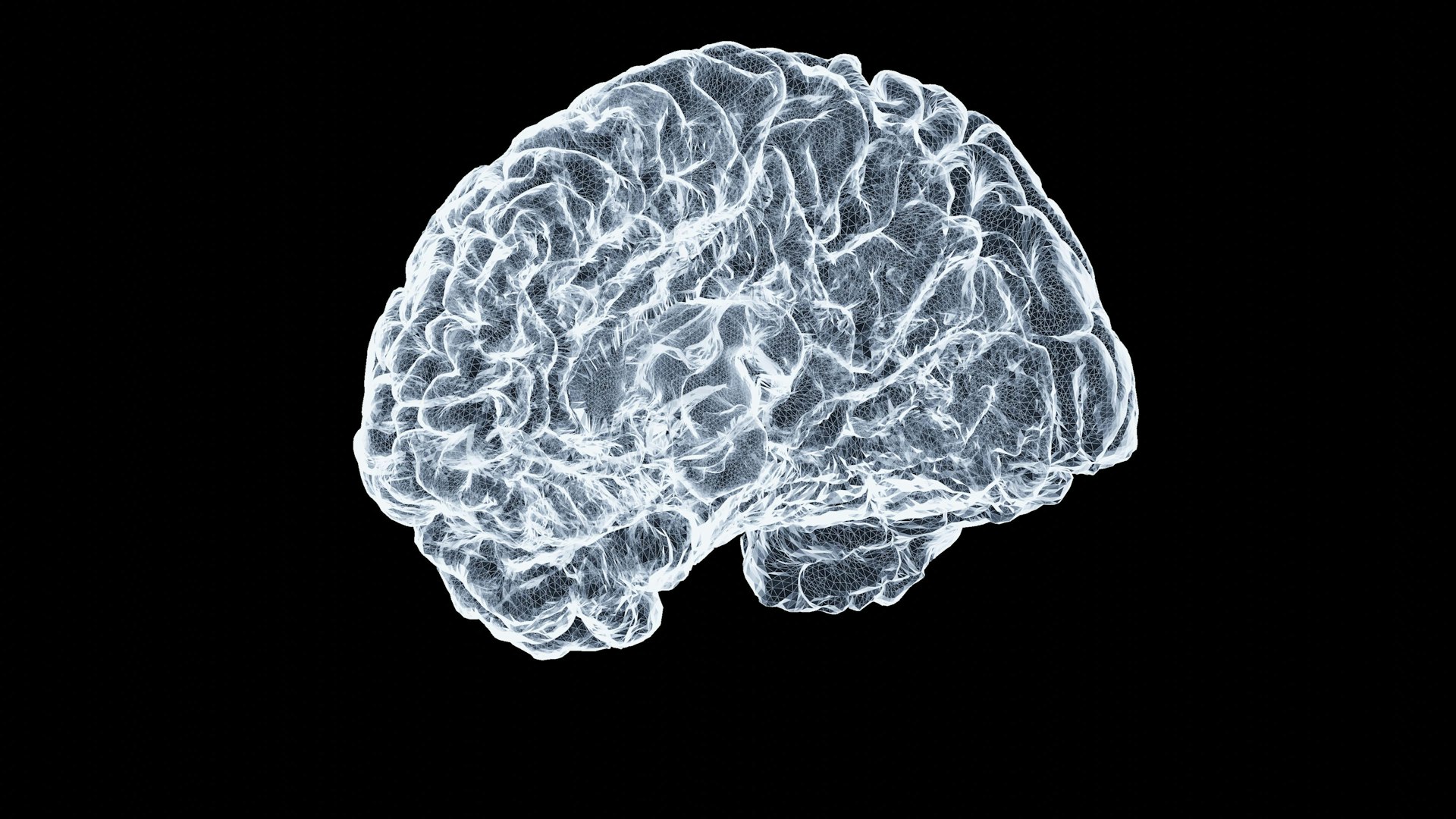Holistic Strategies for Achieving Hormonal Balance: Practical Guidance and Natural Solutions

Photo by Buntes Licht on Unsplash
Understanding Hormonal Imbalance: The Need for a Holistic Approach
Hormonal imbalances can affect anyone, manifesting as symptoms like irregular cycles, mood swings, fatigue, sleep disturbances, weight changes, or skin issues. These imbalances arise when the body’s endocrine system-responsible for producing and regulating hormones-goes off track due to factors such as chronic stress, nutritional deficiencies, exposure to toxins, or underlying medical conditions. Addressing these concerns holistically means considering the entire person, not just isolated symptoms. Research-backed holistic strategies focus on restoring balance by supporting the body’s inherent ability to heal, rather than merely masking symptoms [2] .
1. Nutrition for Hormonal Harmony
Nutrition forms the cornerstone of hormonal health. A diet rich in whole, minimally processed foods provides the nutrients your endocrine system needs. Emphasize:
- Fiber: Leafy greens, whole grains, and legumes help regulate blood sugar and estrogen metabolism.
- Healthy Fats: Avocados, nuts, seeds, and fatty fish support hormone production, especially for reproductive and thyroid hormones.
- Lean Proteins: Chicken, tofu, fish, and beans help reduce the hunger hormone ghrelin and promote satiety, which can stabilize energy and mood.
- Low-Glycemic Foods: Especially important for PCOS, these help prevent insulin spikes and reduce inflammation [4] .
Step-by-step, you can start by planning meals around vegetables and high-quality proteins, reducing sugar and processed foods, and monitoring how your body responds. For those with PCOS or thyroid disorders, working with a registered dietitian or healthcare provider can help tailor dietary interventions to your unique needs.
2. Exercise: Move Toward Balance
Physical activity is a potent regulator of hormones. Regular exercise helps regulate insulin, lower cortisol (the main stress hormone), and increase endorphins that improve mood. Both aerobic activities like brisk walking or cycling and strength training are valuable. For women managing PCOS, exercise can reduce insulin resistance and manage symptoms like weight gain. Aim for a mix of aerobic and resistance activities several times a week, adjusting intensity according to your comfort and fitness level. Always consult with a healthcare professional before starting a new exercise program, especially if you have a medical condition [4] .
3. Stress Management and Mind-Body Practices
Chronic stress disrupts the balance between cortisol, estrogen, progesterone, and thyroid hormones. Mind-body interventions-such as yoga, meditation, and deep breathing-are proven to reduce stress and improve hormonal health. A large meta-analysis found that yoga and mindfulness-based stress reduction lower cortisol, blood pressure, and blood sugar [5] . Techniques like journaling, coloring, and even spending time in nature can help you decompress. To implement, set aside 10-20 minutes daily for a relaxation practice. Over time, these habits foster resilience and support hormone equilibrium.
4. Sleep Hygiene: Prioritizing Rest for Hormone Regulation
Sleep profoundly influences hormone production and regulation. Inadequate or poor-quality sleep elevates cortisol and disrupts reproductive hormones, which may affect fertility and mood. Establish a consistent bedtime routine: turn off electronic devices at least an hour before bed, keep your bedroom cool and dark, and use relaxation techniques to wind down. Aim for 7-9 hours of sleep each night. If sleep problems persist, consider consulting a healthcare professional for individualized support [4] .
5. Herbal and Nutritional Supplements: Evidence and Caution
Certain herbs and supplements may help balance hormones, though effects vary between individuals and should be approached cautiously. Commonly used botanicals include:
- Vitex (Chasteberry): Traditionally used for menstrual irregularities.
- Maca Root: Sometimes used to boost energy and libido.
- Adaptogens: Herbs like ashwagandha and rhodiola may help regulate cortisol and stress response.
Always consult a licensed naturopathic doctor, herbalist, or healthcare provider before starting any supplement, especially if you have medical conditions or take medications. Individualized assessment and lab testing can guide safe, effective use [2] [5] .
6. Acupuncture: An Ancient Tool for Modern Hormonal Health
Acupuncture is a time-tested practice that may help restore hormonal balance. By stimulating specific points, acupuncture can regulate menstrual cycles and support thyroid function, which is beneficial for conditions like PCOS and hypothyroidism. Evidence suggests that acupuncture may improve ovulation and stabilize symptoms in some individuals. To access acupuncture services, seek a licensed acupuncturist or integrative clinic in your area. You can search for board-certified practitioners through national acupuncture association directories or ask your primary care provider for referrals [3] .
7. Community, Connection, and Professional Support
Holistic health is not a solo journey. Building a supportive network-whether through family, friends, or professional practitioners-can make the process more effective and sustainable. For women, consulting with an OB/GYN or naturopathic doctor who is open to holistic strategies can provide personalized care and guidance. Many clinics offer integrative services that combine conventional and holistic modalities. When searching for providers, use terms like “holistic women’s health clinic” or “integrative endocrinology” and verify credentials through official medical boards or state licensure websites. If you suspect a hormonal imbalance, schedule a consultation with a specialist to develop a customized plan [1] [2] .
8. Step-by-Step Guidance for Implementing Holistic Approaches
To begin your journey toward hormonal balance, consider these actionable steps:
- Track Symptoms: Use a journal or digital app to monitor cycles, mood, energy, and sleep patterns.
- Upgrade Your Diet: Gradually increase vegetables, whole grains, and healthy fats. Limit sugar and processed foods.
- Build an Exercise Routine: Start with 20-30 minutes of movement most days, alternating between aerobic and strength-based activities.
- Prioritize Sleep: Establish a consistent bedtime and create a calming pre-sleep routine.
- Practice Stress Reduction: Integrate mindfulness, yoga, or deep breathing into your daily routine.
- Consult Professionals: Seek guidance from a licensed naturopathic doctor, acupuncturist, or integrative OB/GYN for personalized assessment and support.
Alternative approaches may include group wellness programs, online support communities, or workshops on holistic women’s health. While some individuals may see improvement through self-guided changes, others benefit from professional assessment and tailored interventions. If you encounter obstacles-such as persistent symptoms or difficulty maintaining lifestyle changes-reach out for expert help and consider joining a community for additional motivation and accountability.
Potential Challenges and Solutions
Challenges in achieving hormonal balance are common. These may include limited access to holistic providers, difficulty maintaining routines, or uncertainty about which interventions are effective. To overcome these barriers:
- Use official state or national directories to find accredited practitioners.
- Start with small, manageable changes to build confidence and sustainability.
- Leverage online resources from reputable organizations for evidence-based advice.
- If cost is a concern, look for community health clinics or group classes that offer sliding scale fees.
Remember, holistic hormonal health is a long-term commitment. Progress may be gradual, and adjustments will likely be necessary along the way. With patience, persistence, and support, many individuals experience meaningful improvements in their symptoms and overall well-being.

Photo by David Clode on Unsplash
References
- [1] Women for Women OBGYN (2024). Embracing Nature: Holistic Approaches to Hormonal Imbalance in Women.
- [2] AANMC (2025). Natural Ways to Balance Hormones.
- [3] Innovative Medical Group (2024). Holistic Approaches to Managing Hormonal Imbalances.
- [4] Fertility Family (2025). Top 10 Natural Ways to Balance Your Hormones.
- [5] NatureMed (2023). Natural Remedies for Hormone Imbalance.
MORE FROM yourscholarshiptoday.com













